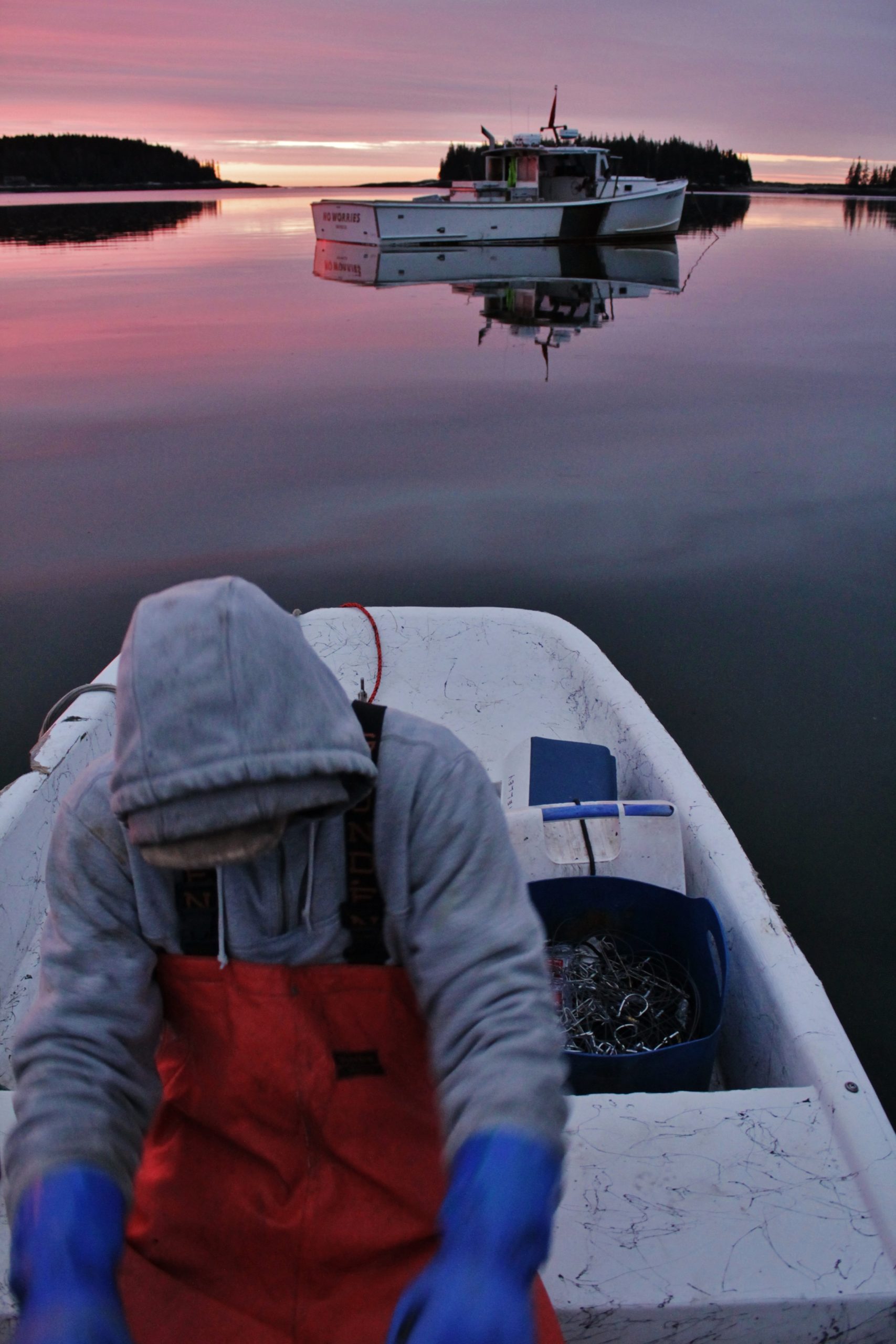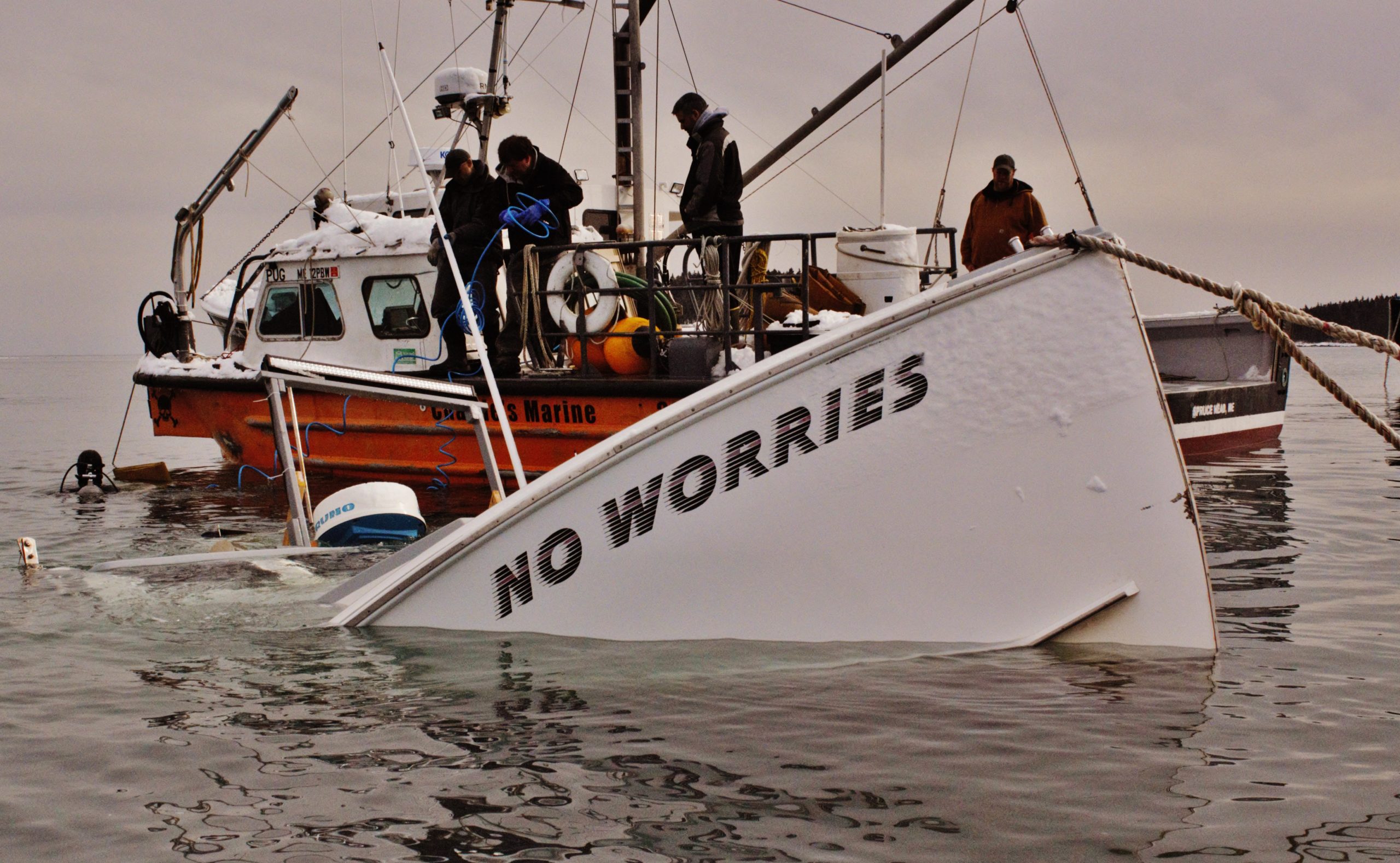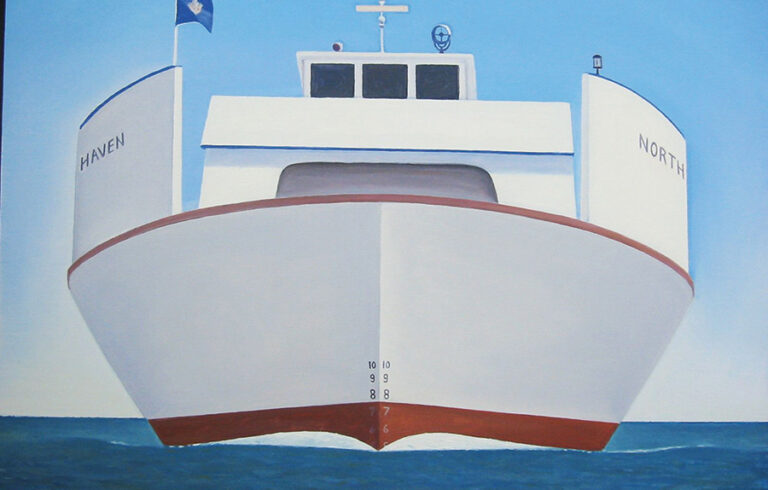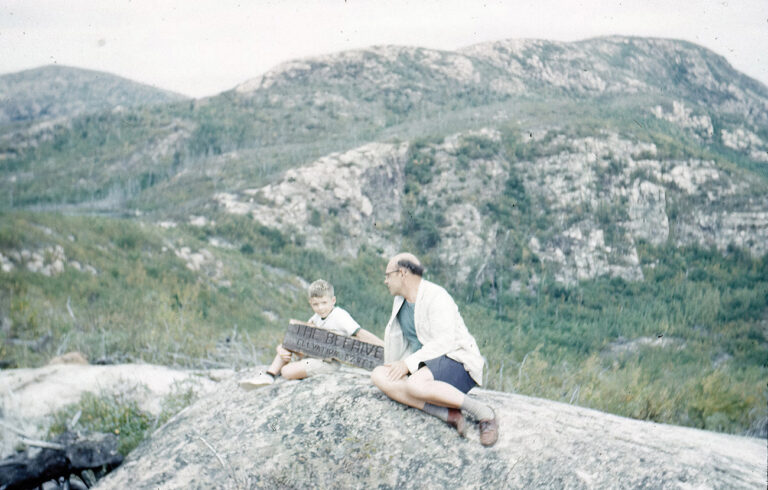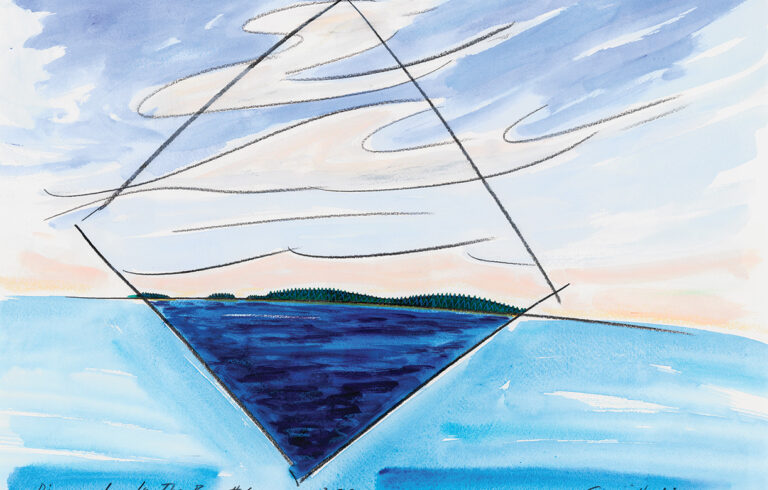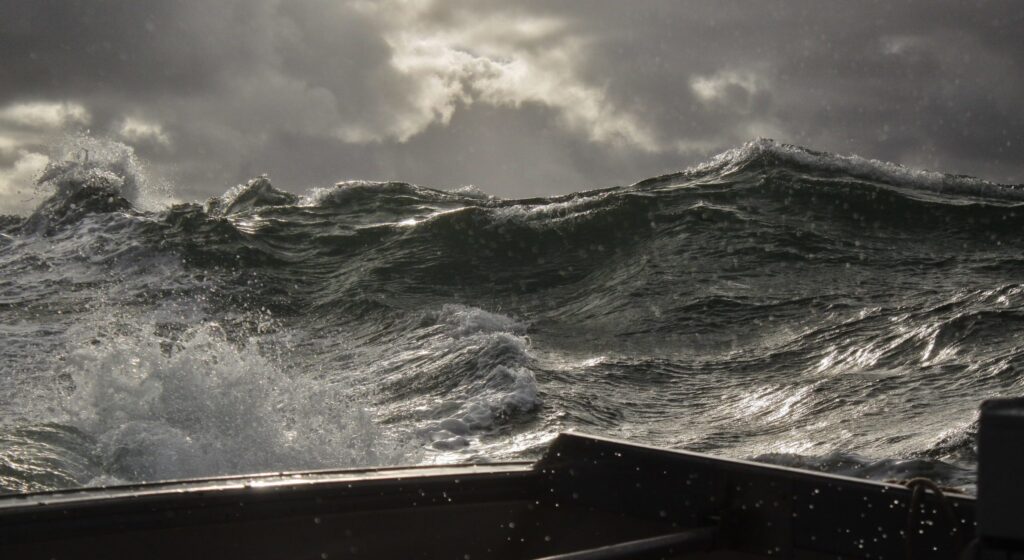
Joel Woods
Fisherman // Photographer
My goal is not to make photography a career.
Very simply put, I am a fisherman, a working man who has learned to use a camera to capture the world as he sees it.
I have spent most of my life bobbing around the North Atlantic on massive steel boats, often for weeks on end. And as difficult and harsh as it is working on the sea, day in and day out, year-round, the men you work with can be just as hard.
It is not an environment that cultivates creativity. As a young man, hidden beneath my scowl, my bruised knuckles, my scars and tattoos, lay a powerful propensity toward the gentle and the artistic. But in those early years at sea, I wasn’t in the least bit introspective. And even if I had been, even if I had wanted to create, when you’re 150-odd miles offshore, where 24 hours on deck is not uncommon, having the time to create a ham sandwich is difficult; having the time to create something expressive is nearly impossible.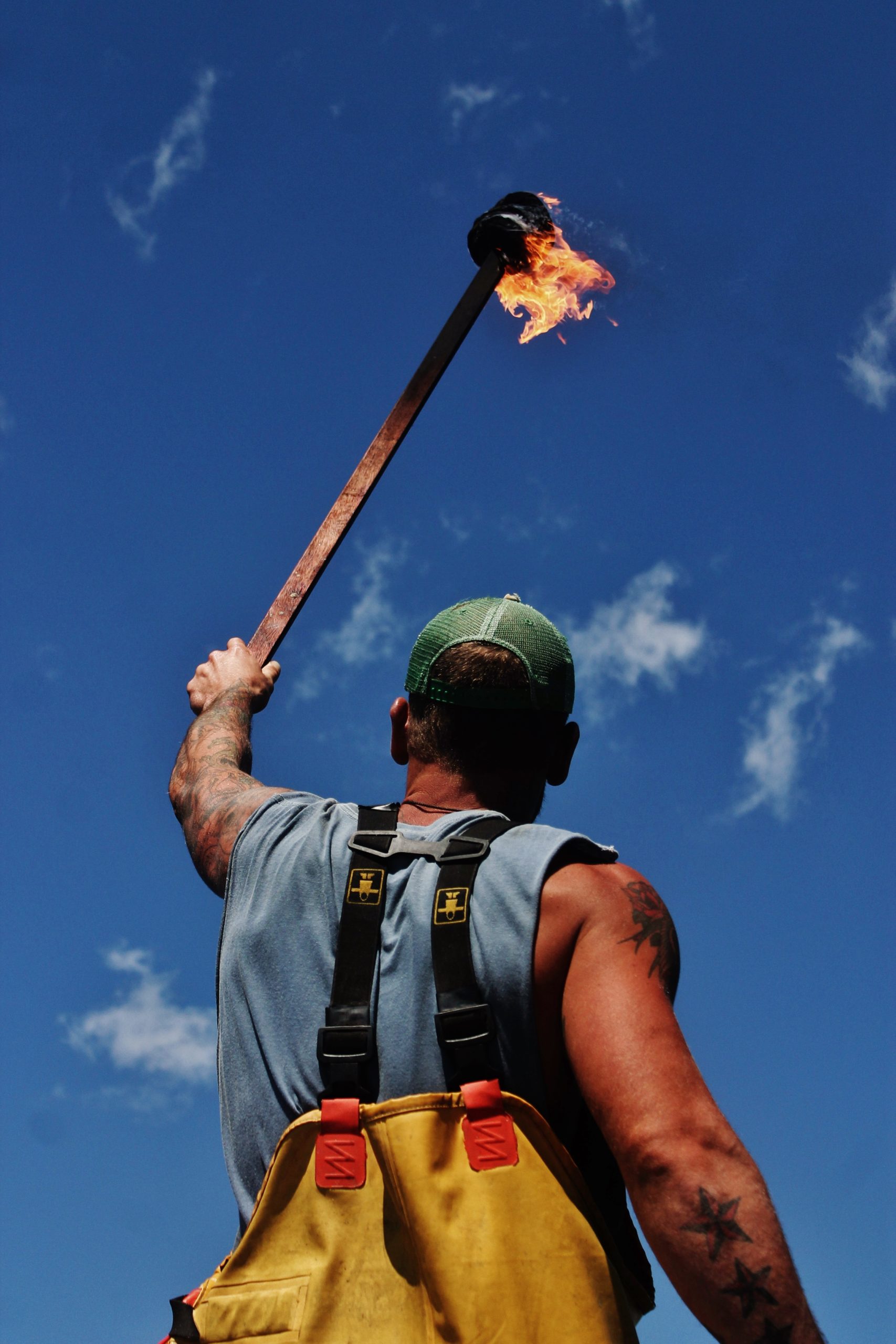
The speed at which I could create something is what made the camera a perfect vehicle for me. When we’re on deck, we are always working. I didn’t have the luxury of taking my time in order to get a shot. Once I saw a shot, I would remember it, but in order to capture it, I had to hone two very important skills.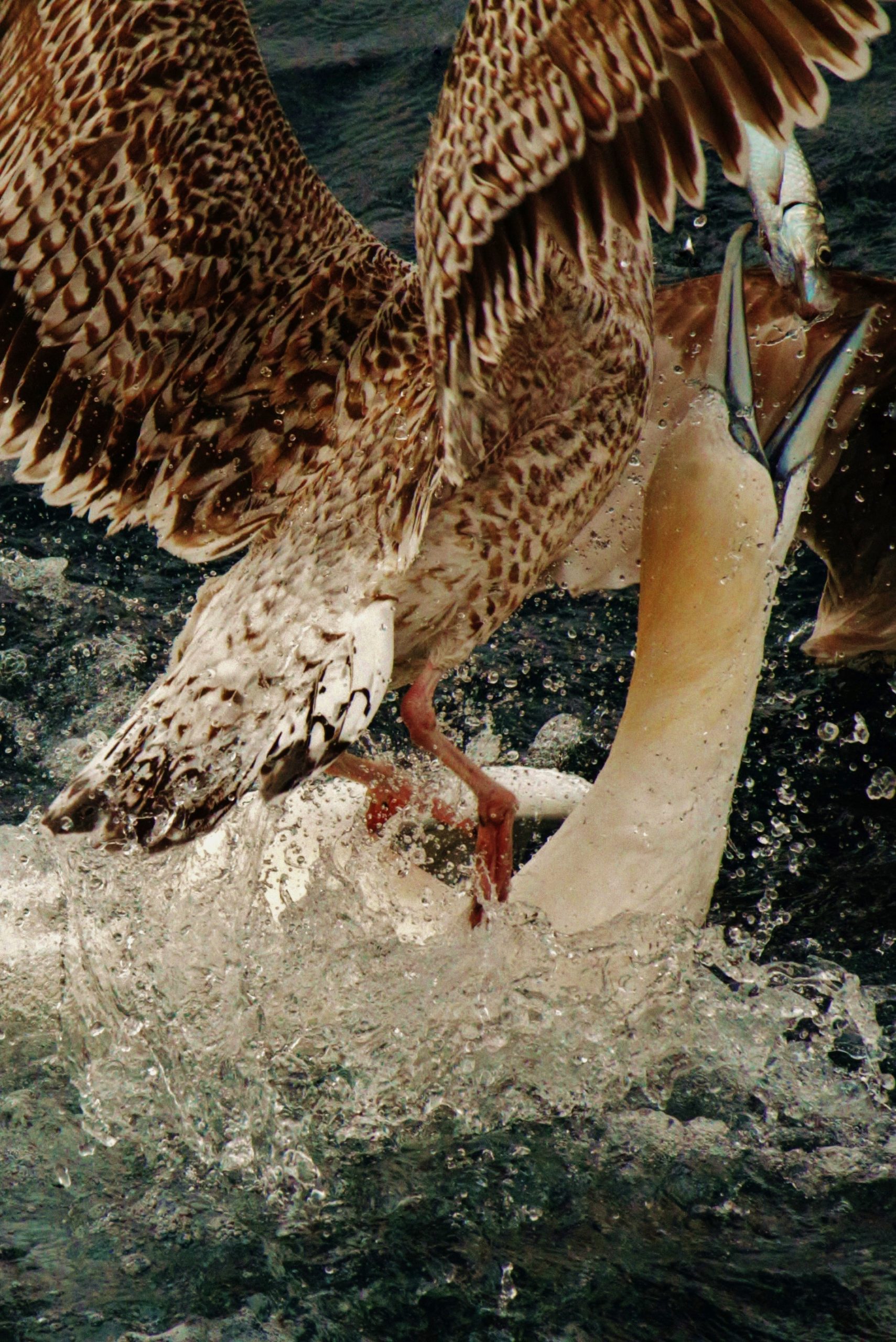
Second, I had to learn how to see the future—abstractly, anyway. I had to recognize when something was going to happen before it actually did. Sometimes when I see a shot while working, I know it will be months before the conditions are exactly the same and I get a chance to capture it again.I think this quickness and haste can be seen in my images. I can see it in the hyper-fast shutter speed that captures all the motion with such clarity—how every drop of seawater is frozen in place. But I can also see it in the flaws—how I didn’t get the chance to adjust the setting quite the way I wanted to. Maybe the image is a little out of focus. Maybe it’s a bit grainy, perhaps not framed well. Sometimes I can’t use the image at all.
Unfortunately, this is a by-product of shooting in such conditions. And I gladly accept all of it. Even if I never had the opportunity to take a single image, I am grateful that I’ve had the chance to see this beauty daily.
For there will come a time when I am too old to spend my days on the water. Instead, I will be sitting quietly, thinking of years past, lucky to have my images to bring me back, recalling each of these days at sea as a gift.I do not take credit for anything I capture. I am just fortunate to work in such an amazing and beautiful environment. Though she can be quite moody, the sea is an easy subject to photograph.